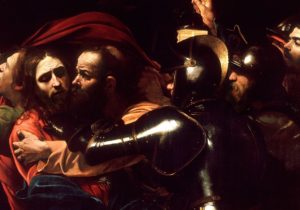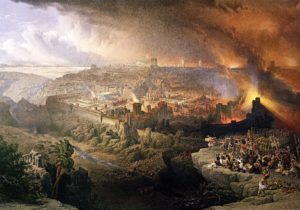The following lecture was recorded during Providence’s 2017 Christianity and National Security Conference.
Daniel Strand argues that theology must determine the way that Christians think about politics. He argues that a proper understand of government vocation starts from the work of God, that Christians must consider divine rule before they talk about human rule.







 Live in the DC area? Sign-up for Providence's in-person events list!
Live in the DC area? Sign-up for Providence's in-person events list!